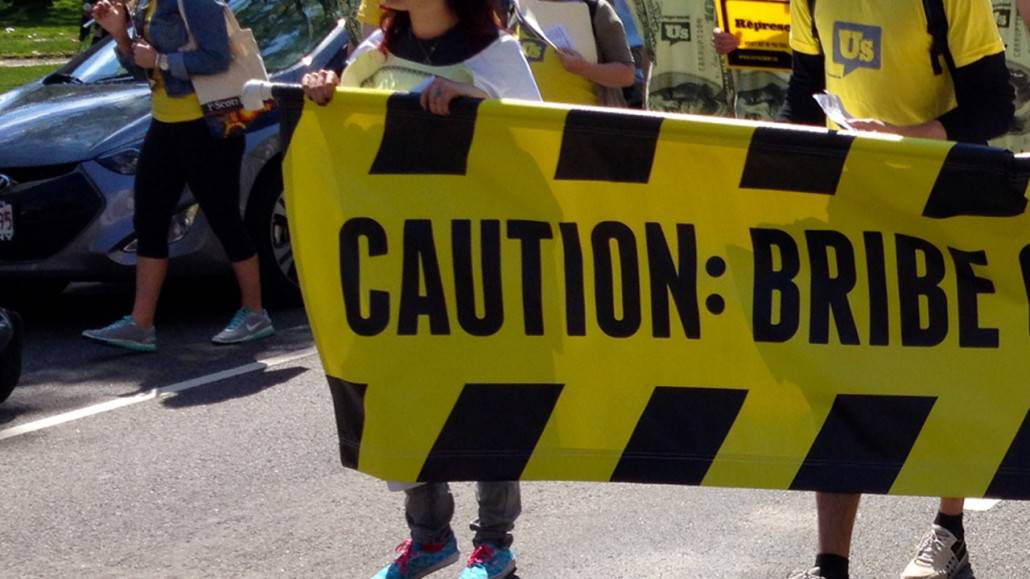Dear Corruption Watch: I understand that corruption usually involves someone paying money to a government official to get something to which they are not otherwise entitled (such as bribing an official to issue a licence), or to avoid punishment (such as paying a traffic officer not to give you a speeding ticket).
But is it corruption if you are entitled to a service from government, but you pay them just to speed up the bureaucratic process? Is it corruption to “grease the wheels” a bit?
Yours faithfully,
Grease Monkey.
Dear Monkey,
Yes, greasing the wheels is corruption.
These types of payments are known as “grease payments” or “facilitating payments” and they are included in the meaning of corruption. The Prevention and Combating of Corrupt Activities Act defines corruption very widely. It includes giving a gratification to a public official in order to act in a biased manner, or “that amounts to any other unauthorised or improper inducement to do or not to do anything”. That definitely includes paying a government official to do something faster than they would otherwise do it.
Download Prevention and Combating of Corrupt Activities
So, legally, the answer is easy – if you pay an official to get your permit quicker than you usually would, you’re guilty of corruption. The punishment for corruption is up to 15 years.
The more difficult question is whether greasing the wheels should be illegal. Not all countries prohibit grease payments in the way that South Africa does. Is there really any harm in paying someone to do what they should do anyway? Especially in a country like ours where so many government services are not performed diligently, surely there is nothing wrong with a little bit of grease.
There are several very good reasons to prohibit grease. First, if public officials know that they can extort payments for doing their jobs, then they are more likely to do so. In the end, grease become the norm. Instead of becoming a way to get your application processed a bit faster, the grease payments turn into an additional, informal service charge for everyone. You will be paying not to have your application processed faster, but for it to be processed at all.
Second, the line between a grease payment and more classic corruption is a fine one. Are you just paying the official to put your application at the top of the pile, or are you also paying her to approve your application, even though it may have some problems? Allowing facilitating payments makes it more likely that public officials – and private citizens like you – will resort to bribes for services to which they are not entitled.
Third, making grease payments privileges the rich over the poor. Rich people, who can afford the additional cost of the grease payment will get faster service than those who cannot afford to make the payment. That is patently unfair.
So, next time you think about applying some grease to the wheels of state, think about the consequences. Think about whether you want to pay a grease payment every time you renew your driver’s licence or have to replace your ID. Think about whether you want to promote a culture of corruption in government. And think about whether you believe the rich should have better access to public services than the poor.
Do you face an ethical dilemma? Do you suspect corruption? If you need help to resolve such issues, write to the Corruption Watch experts at letters@businesstimes.co.za. Mark your letter ‘Dear Corruption Watch’.
• This article was first published in Sunday Times: Business Times

